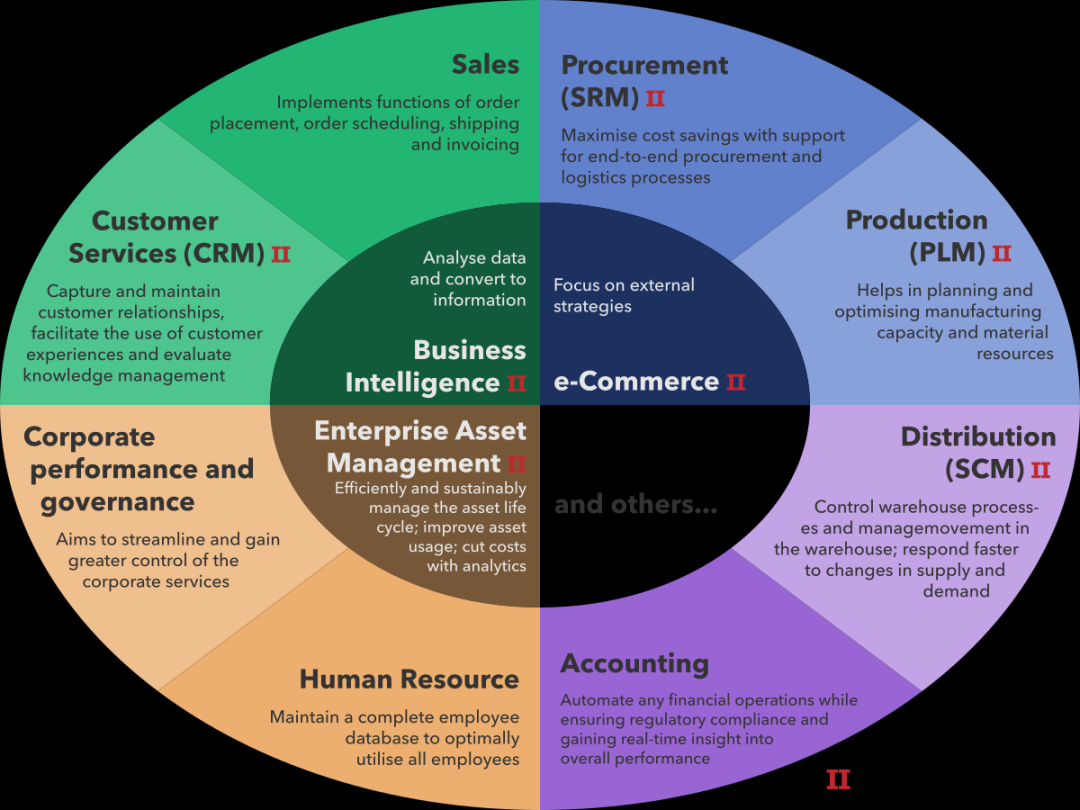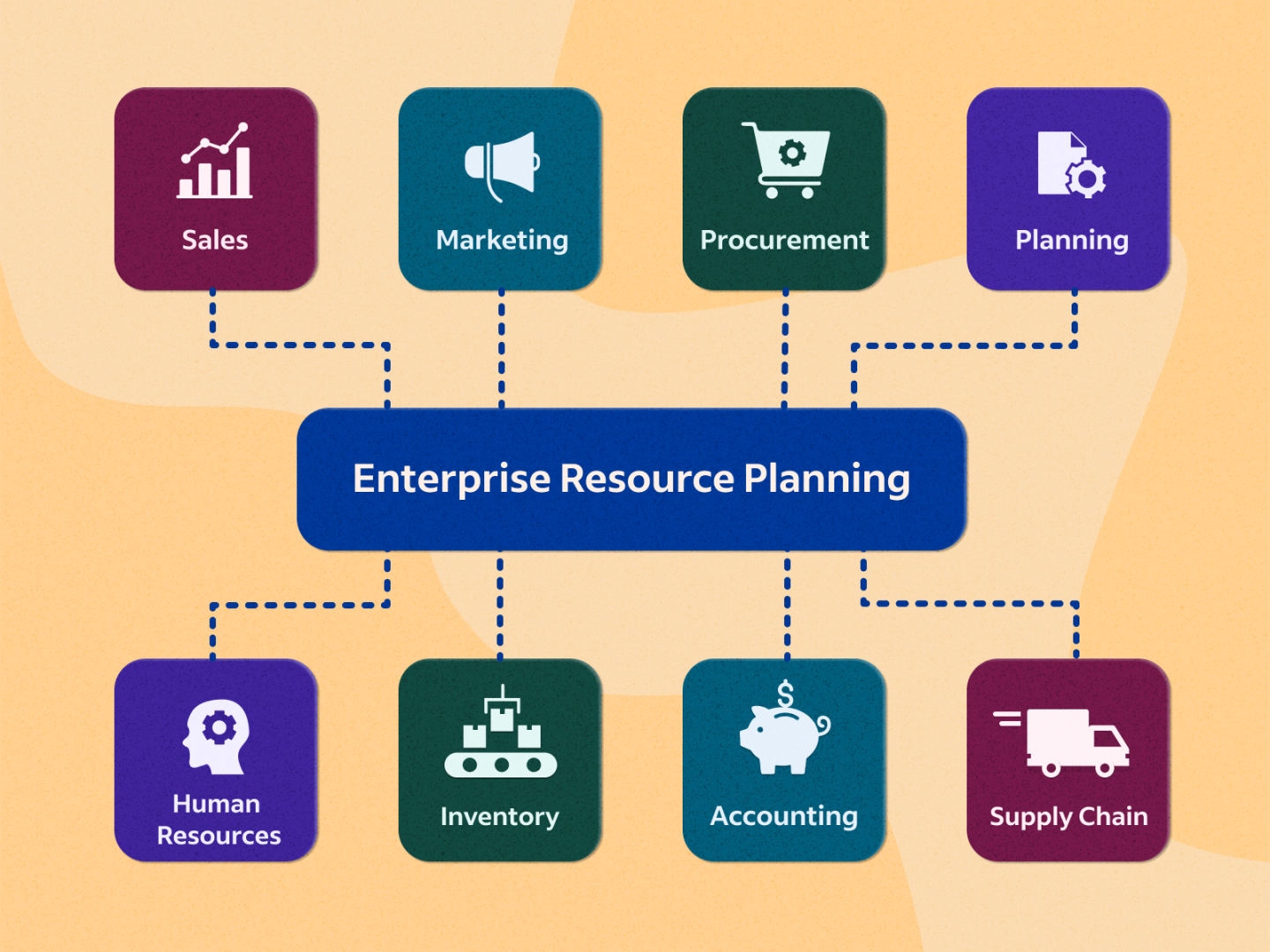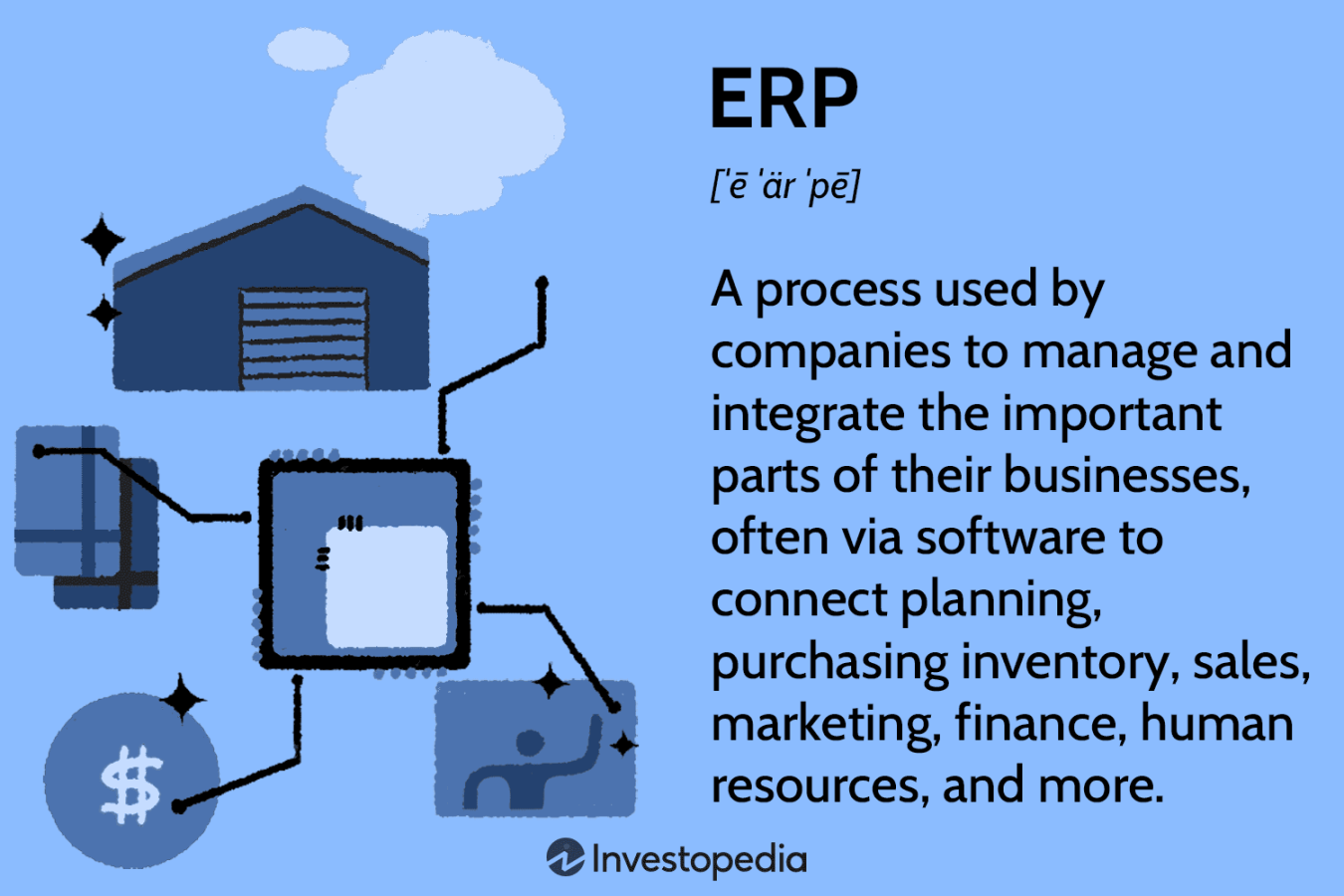In today’s dynamic business landscape, organizations of all sizes are constantly striving for improved efficiency, productivity, and profitability. This relentless pursuit of growth necessitates a comprehensive approach to managing core business processes. Enter the enterprise planning system (EPS), a powerful software solution designed to streamline operations and empower data-driven decision-making.
What is an Enterprise Planning System (EPS)?

An EPS is a software suite that integrates various functionalities critical to running a successful business. It acts as a central hub, consolidating data and applications from departments like finance, accounting, human resources, supply chain management, and customer relationship management (CRM). This unified platform fosters seamless information flow across the organization, eliminating departmental silos and promoting collaboration.
Key Benefits of Implementing an EPS

The advantages of deploying an EPS are numerous and far-reaching. Here are some of the most compelling benefits:
- Enhanced Operational Efficiency: Streamlined workflows and automated processes lead to significant time savings and reduced errors. Information accessibility improves, enabling employees to focus on strategic tasks rather than manual data entry.

- Improved Decision-Making: Real-time data from various departments provides a holistic view of the organization’s performance. This empowers informed decision-making, allowing businesses to adapt to market fluctuations and capitalize on emerging opportunities.
- Increased Visibility and Control: EPS offers a centralized platform for monitoring critical business metrics. Managers gain real-time insights into inventory levels, production schedules, financial performance, and customer trends, enabling proactive management and course correction.
- Strengthened Collaboration: Breaking down departmental silos is a hallmark of EPS implementation. Improved information sharing fosters better communication and collaboration across teams, leading to a more cohesive and efficient work environment.
- Reduced Costs: Automating tasks, streamlining workflows, and optimizing resource allocation significantly reduce operational costs. Additionally, improved inventory management minimizes waste and optimizes purchasing decisions.
- Enhanced Customer Satisfaction: Improved responsiveness, faster order processing, and better inventory management all contribute to a more streamlined customer experience. This translates into higher customer satisfaction and loyalty.
- Improved Regulatory Compliance: EPS can help ensure adherence to complex regulations by automating compliance checks and reports. This mitigates risks and penalties associated with non-compliance.
- Scalability and Flexibility: Modern EPS solutions are designed to scale alongside your business needs. Flexible configurations allow you to tailor the system to your specific industry requirements and departmental workflows.
Understanding the EPS Landscape
The EPS market offers a diverse range of solutions catering to businesses of all sizes and industries. Here’s a breakdown of some key considerations:
- On-premise vs. Cloud-based: Traditional on-premise EPS solutions require significant upfront investment in hardware and software infrastructure. Cloud-based EPS, on the other hand, offers a subscription-based model with lower upfront costs and easier maintenance.
- Industry-Specific Solutions: Several vendors offer EPS solutions tailored to specific industries like manufacturing, healthcare, or retail. These solutions integrate industry-specific functionalities to address unique challenges and workflows.
- Scalability: When choosing an EPS, consider the future growth potential of your organization. Select a solution that can scale seamlessly to accommodate increasing data volumes and user demands.
- Implementation and Integration: EPS implementation requires careful planning and coordination. Ensure compatibility with existing IT infrastructure and choose a vendor that offers robust implementation and integration support.
The Future of Enterprise Planning Systems
The future of EPS is bright. As technology continues to evolve, we can expect even more sophisticated and intelligent systems. Here are some exciting trends to watch out for:
- Artificial Intelligence (AI) and Machine Learning (ML): AI and ML will play a pivotal role in automating tasks, predicting business trends, and generating prescriptive analytics to optimize decision-making.
- The Internet of Things (IoT): Integration with IoT devices will enable real-time data capture from machines and sensors, providing deeper insights into operational efficiency and predictive maintenance.
- Cloud-based and Mobile Solutions: Cloud-based solutions will continue to gain traction, offering greater flexibility, scalability, and accessibility. Mobile applications will further empower employees with on-the-go access to critical business data.
- Focus on User Experience: EPS vendors will prioritize user experience by developing intuitive and user-friendly interfaces that cater to a diverse range of technical skillsets.
In conclusion, enterprise planning systems are a game-changer for businesses seeking to thrive in today’s competitive landscape. By harnessing the power of an EPS, organizations can achieve improved efficiency, enhanced decision-making, and greater visibility into their operations. As technology continues to evolve, the future of EPS promises even more intelligent and sophisticated solutions, empowering businesses to reach new heights of success.